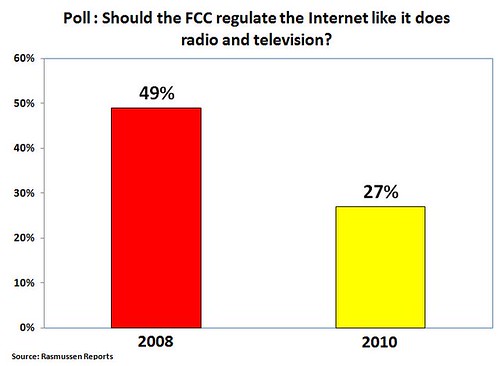 We at The Progress & Freedom Foundation announced a series of eight upcoming policy events today, taking the place of our previously scheduled Sundance Summit. Beginning this month, the events will run through the summer in the nation’s capital. By moving these events closer to home in this manner, PFF will be better positioned to speak to legislators, policymakers, and tech policy press before Washington turns its attention to the midterm elections.
We at The Progress & Freedom Foundation announced a series of eight upcoming policy events today, taking the place of our previously scheduled Sundance Summit. Beginning this month, the events will run through the summer in the nation’s capital. By moving these events closer to home in this manner, PFF will be better positioned to speak to legislators, policymakers, and tech policy press before Washington turns its attention to the midterm elections.
The series of events (which you can add to your calendar here) will include several breakfast and luncheon panel presentations and two half-day conferences. Covering such areas as communications and competition policy, digital property, digital media freedom and Internet freedom, the events will include:
- Tuesday, April 27: “Cable, Broadcast & the First Amendment: Will the Supreme Court End Must-Carry?” — A panel of experts will debate the future of “must carry” rules in the wake of a new challenge to their constitutionality by Cablevision, and what this decision could mean for other media. (RSVP here)
- Friday, May 7: “What Should the Next Communications Act Look Like?” — A discussion with key industry stakeholders about the future of the Telecom Act in the wake of the Comcast v. FCC decision and the looming battle over Title II reclassification of broadband. (RSVP here)
- Thursday, May 20: “Can Government Help Save the Press?” — This conference will discuss the FCC’s new “Future of Media” proceeding and debate what role government should play in subsidizing the press or bailing out failing media enterprises. (RSVP here)
- Monday, June 7: “The Future of Speech on the Borderless Internet” — A panel of leading cyberlawyers will discuss trans-national regulation and litigation of defamation, hate speech, indecency and political dissent. (RSVP here)
- Monday, June 21: “Sports Programming & the Challenges of Digital Piracy“— A discussion of the challenges that digital piracy, including unauthorized streaming, poses to professional and collegiate sports that have traditionally earned revenues from telecasts of games, bouts, etc. Continue reading →



 The Technology Liberation Front is the tech policy blog dedicated to keeping politicians' hands off the 'net and everything else related to technology.
The Technology Liberation Front is the tech policy blog dedicated to keeping politicians' hands off the 'net and everything else related to technology.